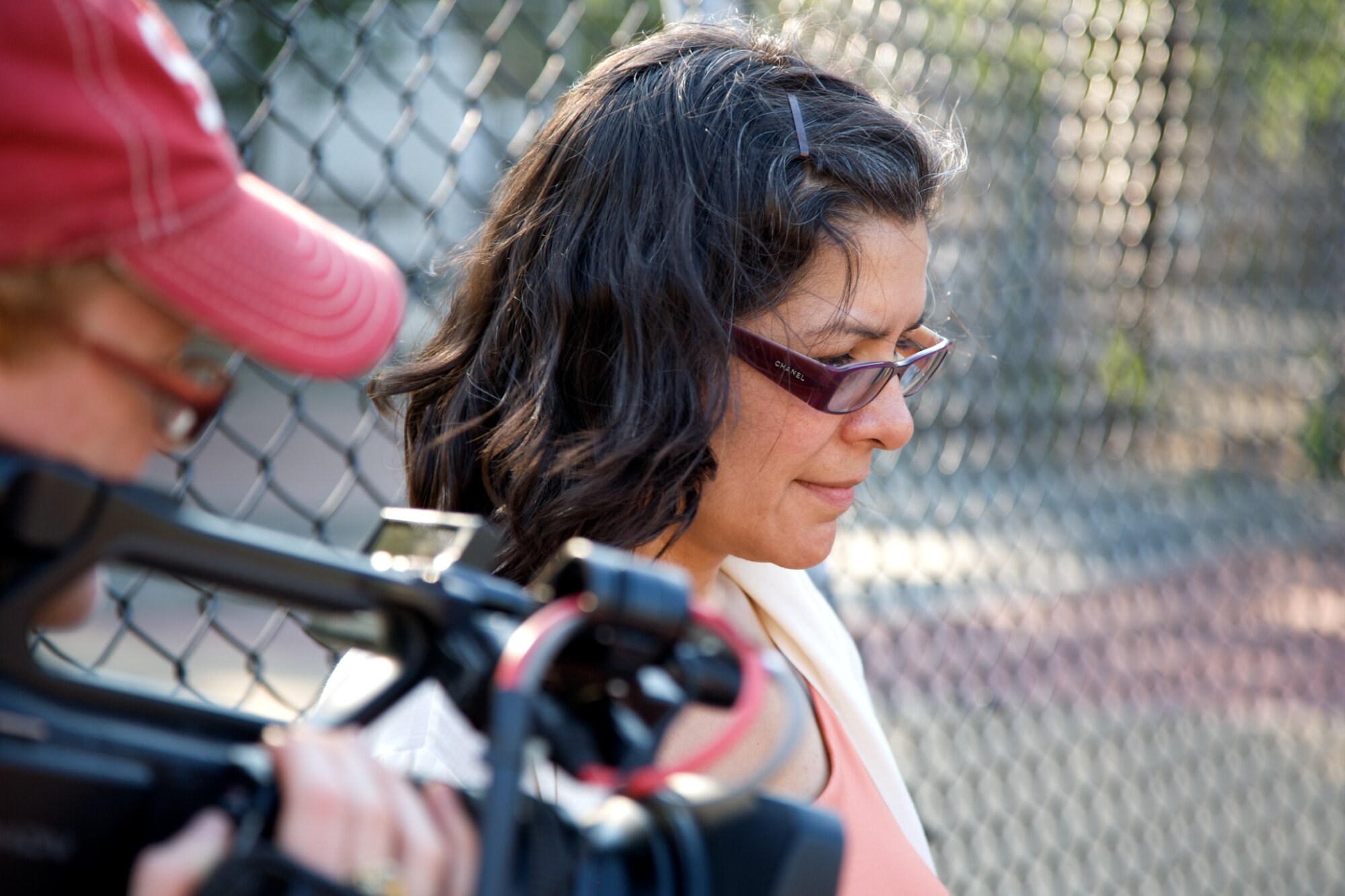Framework: Frequently Asked Questions
-
This document was shaped between 2020-2022, by seven seasoned professionals working in nonfiction film, who came together with shared concerns and complimentary passion and expertise. The Documentary Accountability Working Group (DAWG) formed organically out of a common series of questions around the future of documentary filmmaking, and the exponential growth of the documentary film industry. As the industry and the world navigate social constructs and market forces that could mitigate the documentary ecosystem, we wondered; do filmmakers need a foundational set of best practices for ethical and accountable production? Would industry-wide agreement on best practices help shift non-fiction filmmaking to be more responsible and less extractive?
-
For decades, documentary filmmakers whose work is intended for broadcast, cablecast or streaming have struggled, often within their own productions, with ethical challenges. Until recently, filmmakers have typically regarded open, public conversations about ethics and responsibility in their own films as too risky, threatening their precarious status within the field. As the field has become hugely lucrative, and as our field engaged in a racial reckoning, that calculus changed. The lack of agreed-upon standards for a duty of care to film participants seemed to increase the incidents of extractive, harmful filmmaking, which began to dominate the coverage of the documentary field. Meanwhile, many filmmakers from communities that are the frequent subject of documentary films were quietly incorporating accountability practices into their work. This document was an effort to explore and codify values-based filmmaking practices already in use, to offer a pathway for a filmmaking practice that centers care, transparency and values.
-
In order to understand how filmmakers who take on the challenge of making non-extractive films think about their process, we conducted six closed-door convenings with filmmakers who make such films, engaging more than 100 documentary filmmakers. We also conducted two closed-door convenings with 40 people featured in documentary films. Staff of organizations including Chicken & Egg, POV, and Black Public Media, program officers at the Ford Foundation, Perspective Fund and MacArthur Foundation, and professors at universities such as Spelman University, University of California, Berkeley, American University, and University of Southern California helped us assemble the participant lists.
We held panel discussions and workshops to share our learnings and solicit feedback at a range of industry events, including Getting Real 2020, the Double Exposure Film Festival and Symposium, the Based on a True Story conference associated with the True/False Film Festival, Gotham Week and the Gotham Documentary Features Lab, the New Orleans Film Festival, BlackStar Film Festival and the University Film and Video annual conference, among others. -
We think the values articulated here have general utility, but how they are applied depends on the situation. Since filmmaking is an act of power over the stories of the people in the film, and potentially has the power to shift reality for people who see the film, filmmakers need to incorporate their awareness of that power into their choices. The description of values and the examples we have selected are particularly relevant to films made about, by and even with members of communities that have historically been pushed to the margins.
-
We define it as the willingness to solicit and/or accept responsibility for one's actions.
-
We believe that, like other norms-setting documents, this guidance will be useful to the extent that it is embraced by individual filmmakers and organizations involved in filmmaking. Several artist support and funding organizations have already endorsed it or committed to sharing it with their networks or to incorporating its learnings into practice. We hope that as more filmmakers and organizations embrace the commitment to non-extractive filmmaking, it will also be clear which filmmakers and organizations do not.
-
Our list of endorsements can be found at the bottom of the “Framework” page (docaccountability.org/framework). We anticipate and welcome other organizations endorsing, pledging to recommend the framework, or otherwise using it.
-
The Documentary Accountability Working Group has received monetary support from the MacArthur Foundation, Perspective Fund, and Working Films. The funds have supported stipends for working group members and refinement participants, travel costs to present at industry events, and the costs for the production of the Framework.
While we have sometimes received small stipends, and some members’ time is covered through their workplace, this is for all of us a labor of love and a commitment to our field. -
Feel free to share the Framework with those in charge of the production, and to begin a conversation about the benefits of working in a values-centric way. To the extent possible, draw upon your experiences with such companies to raise issues of concern in venues where filmmakers congregate, not necessarily about any one production but about production practices.
-
The Framework articulates both values and practices that actually are extant in the field today, among people who work with vulnerable and/or historically marginalized people. They clarify under what circumstances it would conform to the values of ethical filmmakers to do so. The Framework does not, in this or in other situations, set hard-and-fast rules. However, it asks filmmakers to “consider the economic impact of production on participants” and, where participants may face unacceptable economic hardship (e.g., loss of pay, transportation costs, childcare costs), to address those costs where possible. Currently filmmakers often reimburse these costs, or may license personal photos or pay a location fee as a way of reimbursing participants for out-of-pocket expenses that they cannot afford to incur. In some cases, filmmakers have offered profit participation to participants who were also given credit as producers. This document puts those practices into the context of ethical values. Although some broadcasters and media companies have requirements not to pay participants for interviews, they have long permitted ways of reimbursing expenses for vulnerable participants. This provides a sound rationale for why such reimbursements are appropriate in certain circumstances. We believe and hope that industry standards & practices can be phrased in future to reflect values, rather than set hard and fast rules.
-
The reality today is that many filmmakers already do show their participants work in progress, where it is appropriate and in alignment with the working relationships in place. This practice has simply gone undiscussed, allowing some to fly under radar, but leaving others unclear about the right thing to do. This document describes why sometimes screening before public showings would be ethical (specifically, in order to avoid unnecessary harm, for instance through retraumatization) and when it would make sense (e.g., when “collaborating with participants”). It further offers suggestions in relevant situations for further mitigating harm, e.g. bringing a therapist to a screening. We believe and hope that industry standards & practices can be phrased in future to reflect values, rather than set hard and fast rules.
-
We think this document is part of a movement toward explicitly ethical filmmaking, not a single project. The Documentary Accountability Working Group is not in charge of that movement, nor is any one entity. We see our efforts as part of a broader shift towards increased access, inclusion, transparency and accountability in the documentary film industry that is being led in a decentralized way by many organizations, collectives and individuals. The members of DAWG look forward to continuing the conversation and deepening engagement with organizations representing filmmakers and filmmaking organizations and organizations in their support networks.
-
You can reach out to the working group members via email at info@docaccountability.org. We also encourage you to host and engage in conversations in all the venues you encounter your peers in, to think about how to apply these values in your own work, and to share your thoughts publicly.

